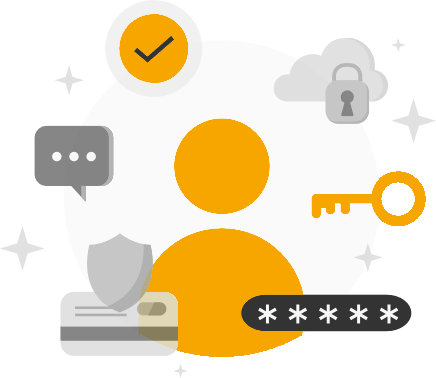 Bitqap
Bitqap

Popular cryptocurrencies on the market Bitqap
 BTC
/
USDT
BTC
/
USDT
 ETH
/
USDT
ETH
/
USDT
 BNB
/
USDT
BNB
/
USDT
 SOL
/
USDT
SOL
/
USDT
 XRP
/
USDT
XRP
/
USDT
 DOGE
/
USDT
DOGE
/
USDT
 TON
/
USDT
TON
/
USDT
 TRX
/
USDT
TRX
/
USDT


